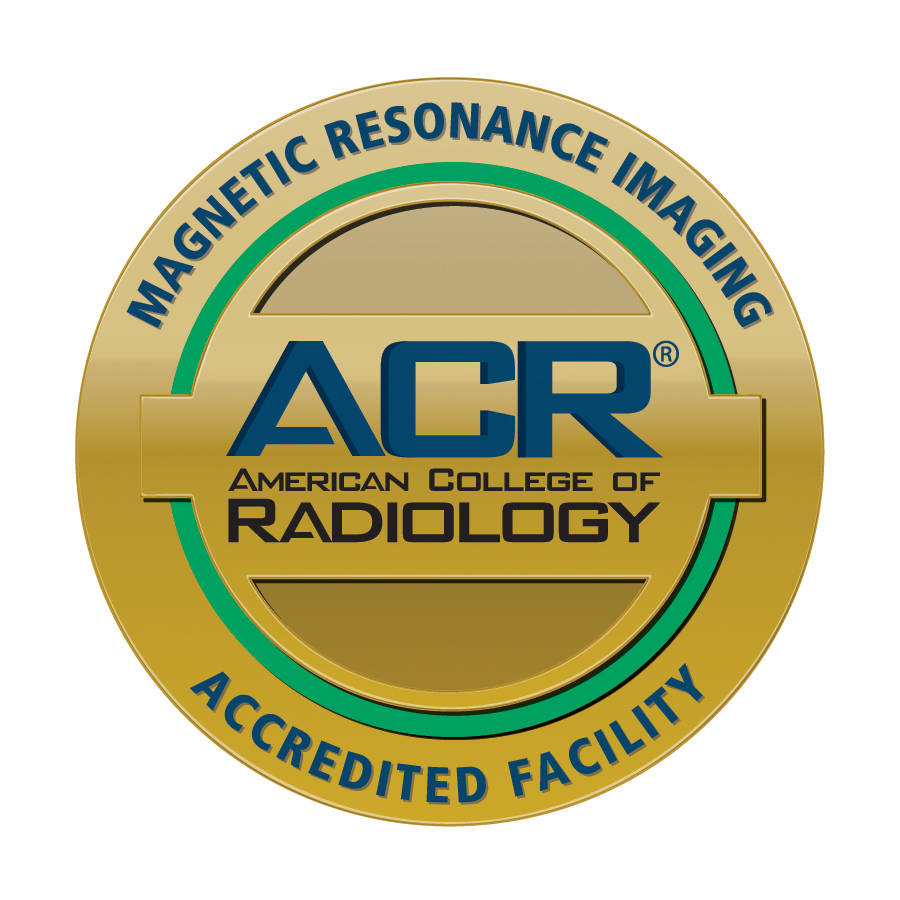You can have your kidneys examined using ultrasound imaging to search for inflammation, malignancy, and renal failure symptoms. This post explains what a kidney ultrasound is, what it may discover, and what you need to do before and after the treatment.
An ultrasound of the kidneys is a non-invasive method of obtaining pictures on the right and left. Ultrasound technology is a test that uses sound. In contrast to X-rays, it does not involve the use of radiation. Instead, it makes use of sound waves invisible to the human ear.
When high-frequency sound waves reverberate off your organs, they create images of your kidneys. Your doctor uses these images to assess your kidneys’ size, shape, position, and even blood flow.
When getting a kidney ultrasound, kids, pregnant women, and persons with dye allergies don’t have to worry about radiation or contrast dye exposure.
Ultrasounds of the kidneys are virtually risk-free procedures. As an alternative to X-rays, which employ radiation to create pictures, ultrasounds make images using sound waves instead.
Ultrasounds of the kidneys may be less effective if the patient is obese or has abdominal gas.
You can eat and normally drink on the day of your ultrasound unless your doctor specifically instructs you to do differently before the procedure.
An hour before the exam, you’ll need to drink 30 ounces of water, and you won’t be able to go to the bathroom until you’re done.
Registered, properly trained technologists and board-certified radiologists will perform your ultrasound test.
After the test is completed, your IV is removed, and you are free to leave. You may be instructed to drink a lot of fluids over the next 24 hours by your healthcare team. The tracer will be flushed out of your system if you often empty your bladder.
Let your doctor know if you notice any redness, discomfort, or swelling at the location of your IV catheter. Infection or a response to the tracer might be at blame.
A specialized doctor will review the findings of your scan within a few weeks. There are no immediate findings from the scan.
Anxiety can be a common side effect of awaiting test results. Find out how long it will take to acquire them from your doctor or nurse. Waiting more than two weeks without hearing back from them is cause for concern.
Connect with us to learn more about how the AV Imaging team can help!

